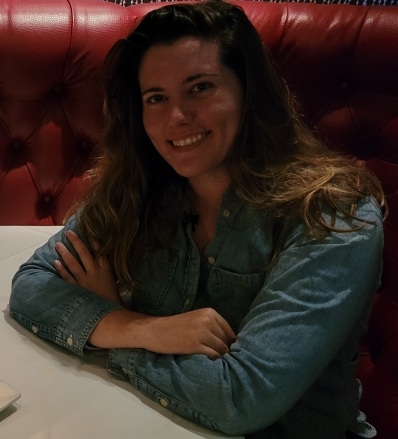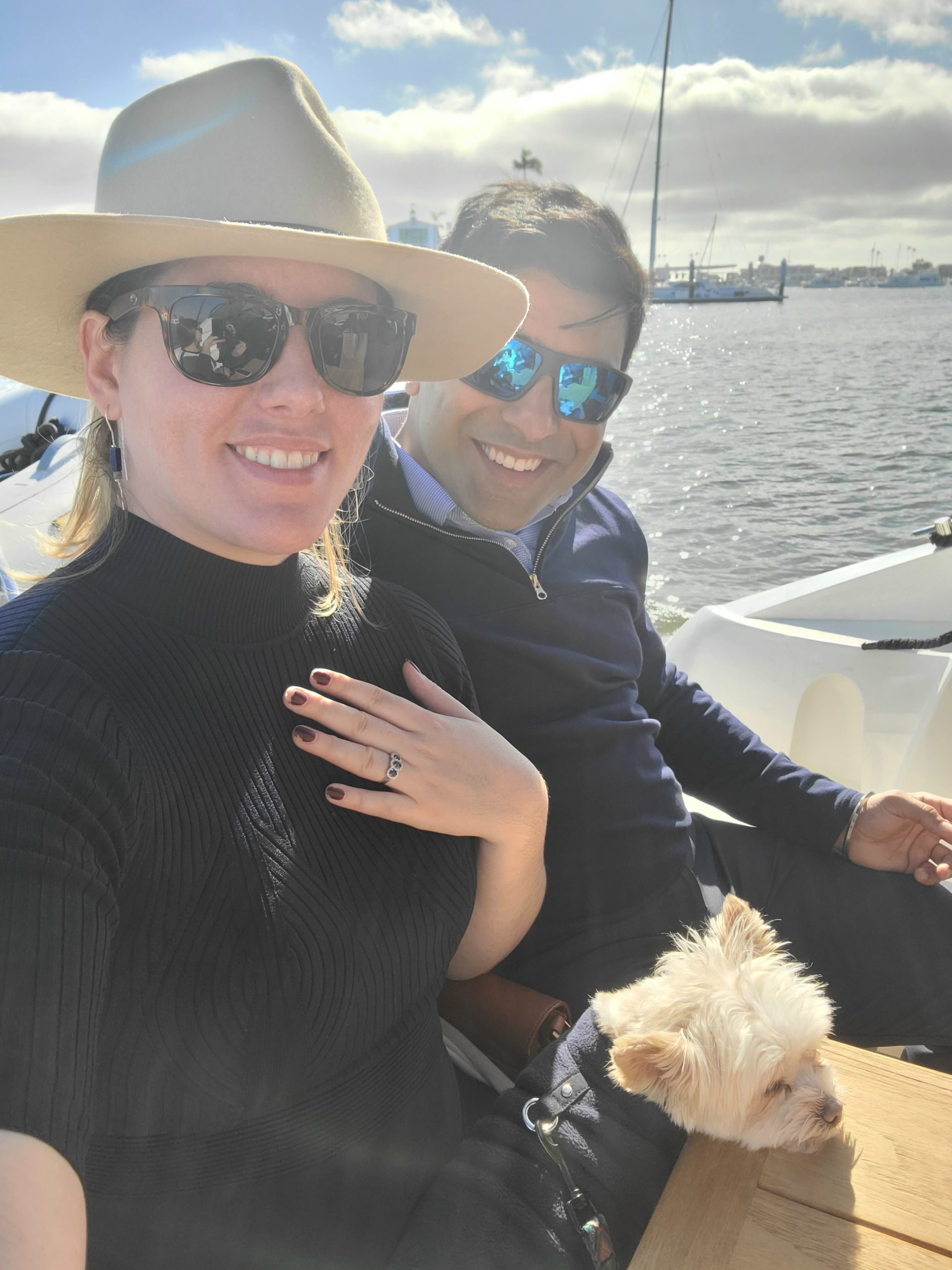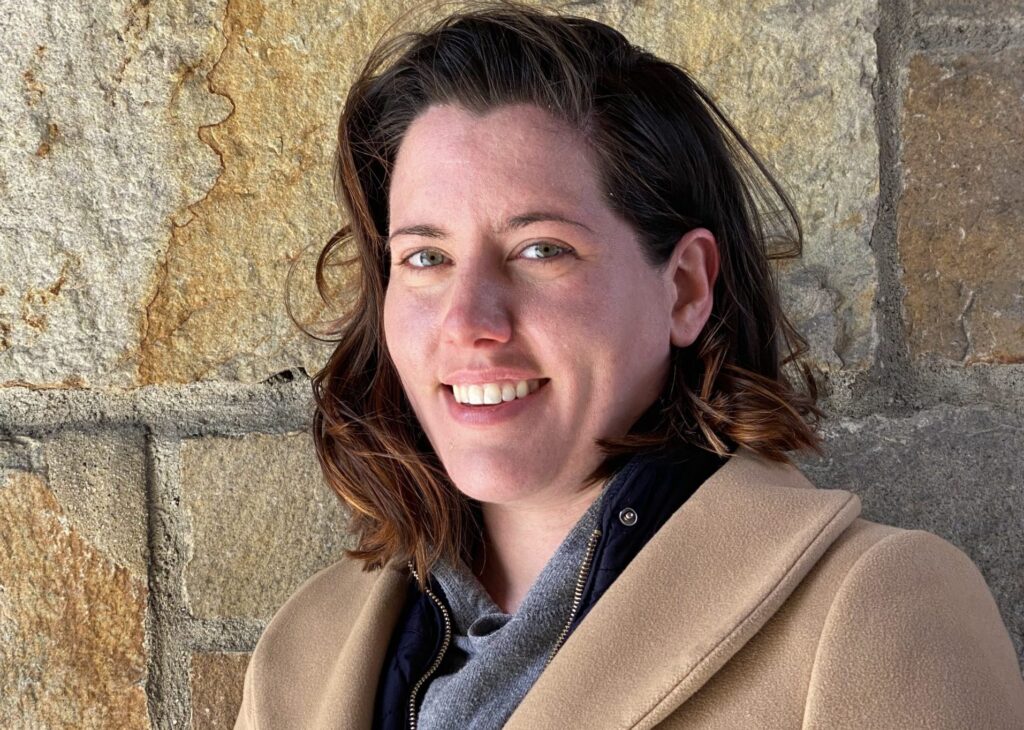When Michelle Mealer decided to move from Florida to Costa Rica to become a translator during her final year of high school, she had no idea this decision would help guide the course of her career for years to come. This single life decision unlocked her passion at the intersection of business law and entrepreneurship. She is an impressive member of a new generation of attorneys, aspiring to protect entrepreneurs, champion innovation, and use her own entrepreneurial experience as a compass to be a better problem-solver for her clients.
“I was the only American working for the company. My coworkers were German, French, Costa Rican, Venezuelan, and so I had this really great, international experience.”

Her immersive experience in a new culture provided an opportunity to absorb a host of experiences, and the stories of her coworkers, who hailed from across the world. Her fellow translators quickly became a network of global mentors. It was their wisdom that inspired Michelle to continue her education in the United States. This experience set the stage for lifelong interests in international business, and the effects of globalization on economic development.
“I was really interested in how geography can be destiny, and how the economics of one’s birthplace can influence who one becomes.”
Upon her return to Florida, she began her undergraduate studies at a local college before transferring to the prestigious University of Pennsylvania, where she graduated magna cum laude. She earned her degree in political science with a minor in economic policy.
“I am amazed at the extent to which the law and the economy inform each other. There’s such a unique relationship between them…” She shared. “When applying to law school, I thought my future was leading me towards international business, global economic development, and commercial law.”
Within her first year of law school, Michelle had two critical experiences which shifted her focus: a business consulting competition and an introduction to the Graduate Certificate in Innovation and Entrepreneurship. These experiences shifted Michelle’s focus towards exploring the fast-paced, exciting technological developments through a business law lens.
The business consulting competition was hosted by Michigan’s student-run Business Law Association, and encouraged students to devise a method for fintech companies to profit from short-term holdings.

In this hypothetical, law students and Ross MBAs worked together to advise a fictitious transaction tech company, like Square, who act as financial middlemen for their clients. When a customer makes a purchase, their payment filters directly to Square. Square holds the funds for approximately 24-48 hours, before deducting a service fee of 2.6% + $0.10 of each transaction. Across Square’s expansive client network, this translates to tens of millions of dollars of high churn cash flow. In this hypothetical, students looked at state and federal banking charters to leverage these reserve deposits against short-term investments and loans. This was the case that changed the course of Michelle’s career.
“It’s been one of the most fun things I’ve done in law school to this day, I really loved it.”
This experience allowed her to evaluate the impacts of technology, finance, and entrepreneurship all from a legal perspective. It prompted her to think about industry on a granular level: carefully considering commerce, risk, and reward. This competition formed a new mindset, which would lay the groundwork for her own venture and a career beyond.
“I’ve oriented my legal education to align with what I want to be doing: advising entrepreneurs.”
During the beginning of the Covid-19 pandemic, Michelle and her fiancé worked together on a new fintech platform venture, as they questioned whether they would still have summer internships. In her own words:
When COVID hit, my fiancé and I were in a panic because our summer internships were in jeopardy. He had a business idea from a past venture that he thought would be interesting to work on, given the climate of the financial services industry. The project was meant to be a platform that connected small- to medium-sized companies to the alternative commercial credit space, much like how consumers access alternative credit through Lending Tree.
We built up a team of computer science undergrads, MBA students, and other UMich law students and began the monumental task of trying to build a FinTech product. While the venture ultimately fell short of our goals, we learned so much about putting together a business plan, the kind of market research required to validate the business idea, funding requirements, and operating procedures.
“It was such an informative experience to start a company! It’s a massive undertaking. Through the culmination of these experiences, I learned firsthand how technology can shape the world.”
Although her first venture is no longer in operation, Michelle has remained true to her growth mindset, and has continued to incorporate entrepreneurship into her legal studies. Entrepreneurship, for Michelle, proves to make her a better lawyer, with a more diverse wealth of experience and knowledge to better advise future clients.
“Entrepreneurship aligns perfectly with my professional goals to become a business lawyer, and my personal interests in technology.”
No matter where she goes, Costa Rica to the University of Michigan, Michelle champions a unique, holistic worldview, informed by both her global and entrepreneurial experiences.
To learn more about the Graduate Certificate in Innovation and Entrepreneurship visit cfe.umich.edu/certificate

